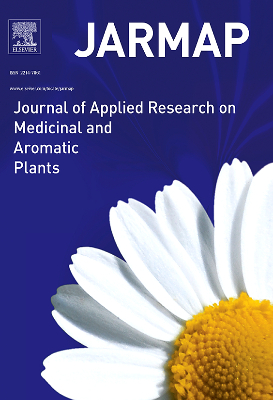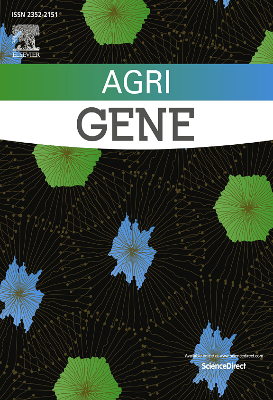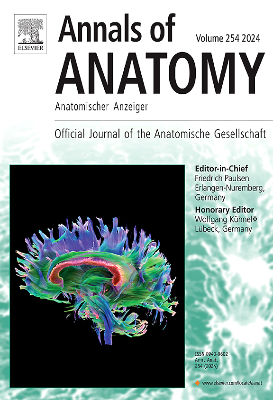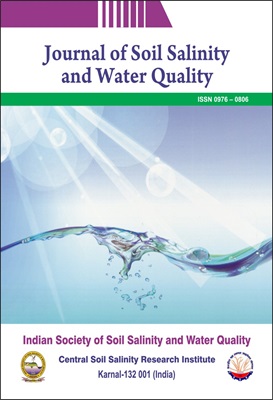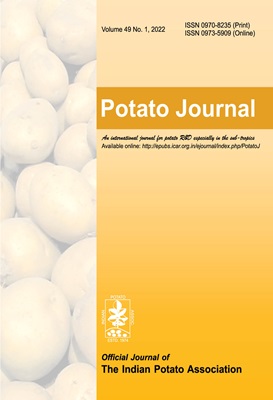Description
JARMAP is a peer reviewed and multidisciplinary communication platform, covering all aspects of the raw material supply chain of medicinal and aromatic plants. JARMAP aims to improve production of tailor made commodities by addressing the various requirements of manufacturers of herbal medicines, herbal teas, seasoning herbs, food and feed supplements and cosmetics. JARMAP covers research on genetic resources, breeding, molecular biology, wild-collection, conservation, domestication, propagation, cultivation, physiology, phytopathology and plant protection, mechanization, postharvest processing, drying, storage, extraction, quality assurance, analytics and economics. JARMAP publishes reviews, original research articles and short communications related to research. The following are examples of research that fits within the scope of the journal: All research along the primary production chain of medicinal and aromatic plants raw material and semi-finished products for herbal medicines, herbal teas, seasoning herbs, food and feed supplements and cosmetics Plant genetic resources, breeding research including conventional and biotechnological methods, variety testing Generative and vegetative propagation including artificial seeds Wild collection and domestication Sources of variation: environment, genetic, morphogenetic, ontogenetic, diurnal Cultivation: climatic demands, crop rotation, tilling, fertilization, planting, irrigation, phytopathology, plant protection, mechanization, harvesting, organic cultivation Post harvest processing: drying, separating, cleaning, distillation, extraction, decontamination, storing, tailoring, packaging Quality: authentication, quality management systems and methods of quality determination Economics: market survey, business studies, profitability Minimal requirements: Vegetation experiments require two or better three repetitions (at different locations or time-shifted at the same location), populations should be characterized by at least 10 individuals, the concentration of chemical compounds and the yield of plant material must be given based on dry matter, all claims must be supported by appropriate statistical proofs. Examples of research not in the scope of the journal: Metabolomics Chemical profiling of a species Pharmacology Toxicology Biological activity Ethnobotany Callus culture Micropropagation Microencapsulation

